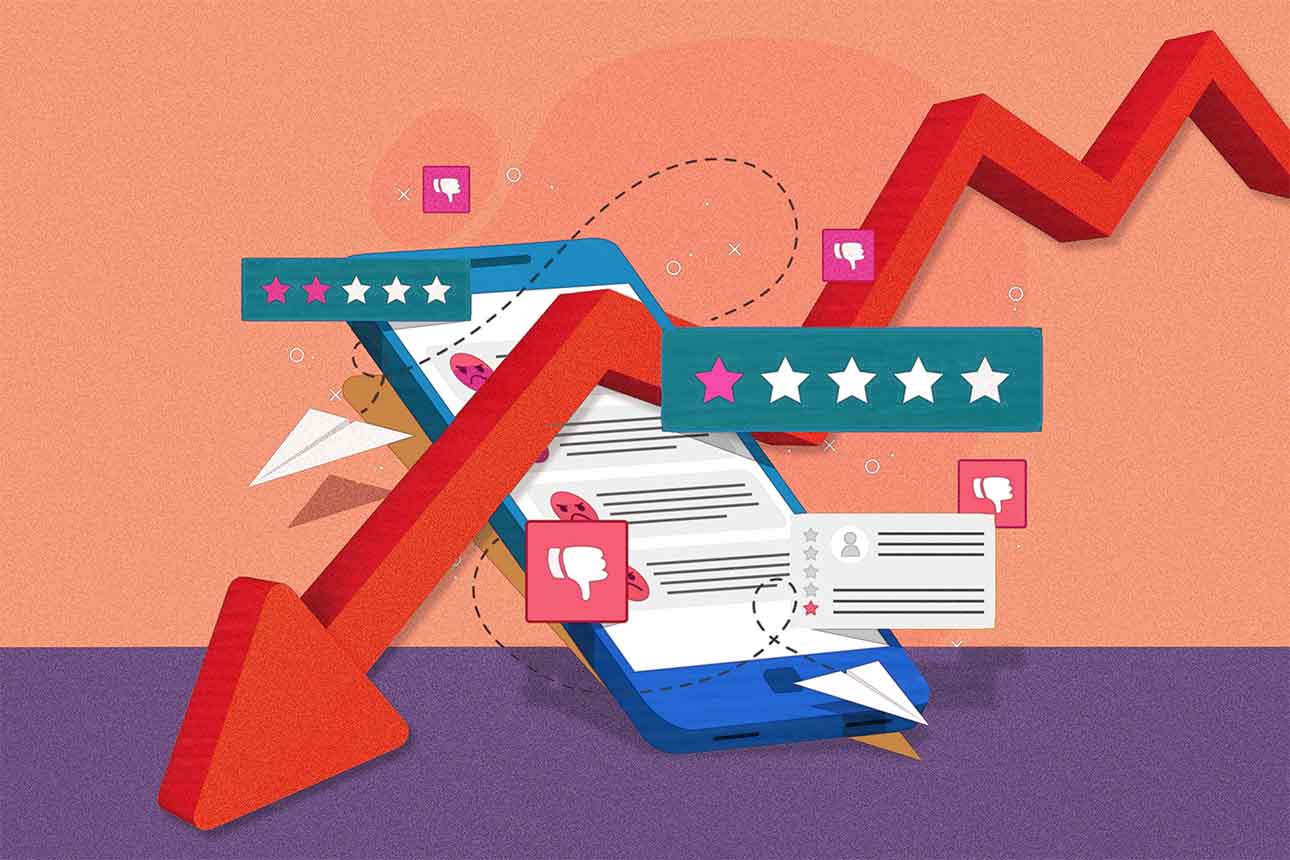Poor Customer Service Comes with Growing Costs
New research from the XM Institute based on World Bank data shows bad customer service threatens $3.7 trillion annually.
Topics
News
- AI professionals form a redefined workforce. But systemic roadblocks persist, survey finds
- AI-Driven Scams Surge as Microsoft Blocks $4 Billion in Fraud Attempts
- Identity-based Attacks Account for 60% of Leading Cyber Threats, Report Finds
- CERN and Pure Storage Partner to Power Data Innovation in High-Energy Physics
- CyberArk Launches New Machine Identity Security Platform to Protect Cloud Workloads
- Why Cloud Security Is Breaking — And How Leaders Can Fix It

[Image source: Anvita Gupta/MITSMR Middle East]
Bad customer experiences lead to lost revenue. While companies incorporate AI into customer interaction to improve service, they need to be more careful not to mistreat customers, or customers will head to their competitors.
New research from the Qualtrics XM Institute finds that globally, organizations are putting $3.7 trillion annually at risk due to bad customer experiences, an increase of approximately $600 billion (19%) compared to projections from last year.
Just one negative interaction can result in losing a customer and their potential spending in the future. Consumers say they have negative experiences with organizations 14% of the time across 20 different industries, including fast food, parcel delivery services, auto dealers, and airlines.
After a negative experience, consumers reduce or stop spending with that brand more than half the time (51% of negative experiences). That figure jumps to over 60% for parcel delivery providers and fast food restaurants where switching costs are very low.
Poor customer service comes with growing costs for businesses, while consumer trust in businesses is at its lowest point. While consumers report slightly fewer negative experiences (-2.2 % points) compared to a year ago, consumer spending increases mean more revenue is at risk due to bad experiences.
Human Experiences will Continue to Be a Priority
Research from Qualtrics XM Institute has shown that investing in frontline employees improves customer experience. However, Qualtrics found that frontline workers, such as cashiers, bank tellers, or restaurant servers, have the worst morale compared to other types of employees, and they feel a lack of support to do their jobs effectively. Only 1/3 of frontline employees who have been with a company for less than 6 months intend to stay more than three years.
More businesses with frontline workforces are exploring how AI can help reduce the burden on workers and increase productivity. The most common way employees say AI can help is by automating routine tasks so they can focus on more complex work.
Organizations incorporating AI into customer interactions must address consumers’ fear of losing the human connection. Nearly three-quarters (73%) of consumers are comfortable using a chatbot for simple, transactional activities like checking the status of an order. However, they are averse to using it when the stakes are high—for example, 81% of consumers want to speak with a human being for advice on a medical issue.
“Done well, AI can make frontline workers more effective and give customers faster access to the things they need,” said Temkin. “However, with consumer trust hitting record low levels and fears of job loss among employees, organizations must take measured steps in incorporating AI into their business.”
Many Bad Experiences go Unnoticed
Companies are also grappling with a growing reluctance among consumers to give direct feedback, such as survey responses.
Only a third of consumers give direct feedback every time they have a bad experience with a company, but they are providing feedback in less direct ways, such as in call center conversations, online chat, product reviews, and social media posts.
AI can analyze these unstructured forms of feedback and help companies build a richer understanding of what customers want and expect by tuning into both direct and indirect sources of feedback.
Keen to know how emerging technologies will impact your industry? MIT SMR Middle East will be hosting the second edition of NextTech Summit.





